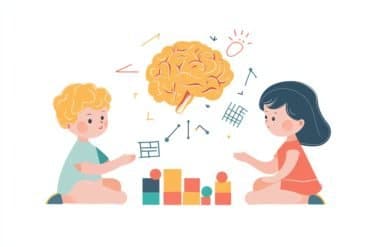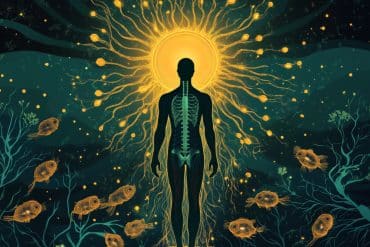Summary: New research reveals that nostalgic memories don’t remain emotionally static, they evolve over time. While these memories are typically rich in positive feelings at the time they occur, those feelings tend to fade, making space for rising negative emotions like regret and loneliness.
This bittersweet shift distinguishes nostalgic memories from ordinary ones, which tend to fade more evenly and less emotionally. Despite the emotional complexity, nostalgic memories still evoke more overall positivity than neutral or mundane memories when recalled.
Key Facts:
- Emotional Shift: Nostalgic memories become less positive and more negative over time, often intensifying emotions like regret and loneliness.
- Psychological Benefits: Despite the bittersweet transformation, nostalgia still promotes self-esteem, social connection, and a sense of meaning.
- Unique Trajectory: Unlike neutral or ordinary memories, nostalgic ones do not follow the typical fading affect pattern—they grow more emotionally complex with time.
Source: Neuroscience News
Nostalgia has long been described as “a joy tinged with sadness,” but why do cherished memories sometimes bring tears along with warmth?
A new study explores how the emotional tone of nostalgic memories evolves over time, revealing that the very memories that make us feel most connected can also become more emotionally complex, sometimes bittersweet, as they age.
Researchers from the University of Southampton conducted two experiments to trace how our feelings toward nostalgic memories change from the time an event occurs to when it’s later recalled.
Credit: Neuroscience News
While most memories fade gently, especially the negative parts, nostalgic memories follow a different path. Initially rich with positive emotions, they tend to lose some of that shine over time and accumulate more negative emotions such as regret or loneliness.
The findings challenge traditional views of memory’s emotional stability, shedding light on how reflection adds depth, meaning, and even sorrow to the past.
In both studies, participants recalled either a nostalgic, ordinary, or neutral event and rated their emotional responses to it both at the time it happened and at the time of recall.
The results showed that nostalgic memories became more bittersweet over time, and positive emotions faded, while negative ones intensified.
Despite this shift, nostalgic memories still prompted more overall positive emotion than ordinary or neutral memories and led to enhanced feelings of social connection, self-esteem, and meaning in life.
Importantly, these psychological benefits were mediated by the strength of positive emotion at the time of recollection.
Digging deeper, the second experiment examined which specific emotions drove this change.
Regret and loneliness emerged as key players: over time, nostalgic memories became more emotionally complex, not just through a general rise in negative feeling but through increases in these particular emotions.
Meanwhile, gratitude, a positive emotion, actually intensified, suggesting nostalgia remains a rich, layered emotional experience rather than one that simply fades or sours.
The study’s insights have broad implications for understanding how we relate to our past. While the emotional tone of memory can shift with time, this isn’t necessarily a flaw of memory, it’s a reflection of how our lives and values evolve.
These findings could inform therapeutic approaches that use nostalgic reflection to boost well-being, provided the bittersweet nature of the emotion is taken into account.
In short, nostalgia may start as joy, grow into longing, and end in meaning. That arc, researchers suggest, might be the very reason nostalgia continues to resonate so deeply across cultures and generations.
About this emotional memory and neuroscience research news
Author: Neuroscience News Communications
Source: Neuroscience News
Contact: Neuroscience News Communications – Neuroscience News
Image: The image is credited to Neuroscience News
Original Research: Open access.
“Remembrance of things past: temporal change in the affective signature of nostalgic events” by Tim Wildschut et al. Cognition and Emotion
Abstract
Remembrance of things past: temporal change in the affective signature of nostalgic events
We examined, through retrospective reports, the affect and emotion changes over time (from event occurrence to event recall) that characterise nostalgic events, and how those changes differ from the affect and emotion changes that characterise ordinary (Experiment 1) or neutral (Experiment 2) control events.
In both experiments, nostalgic (but not control) events were characterised by a combined fading of positive affect and intensification of negative affect over time.
Yet, nostalgic events were associated with more positive affect than control events, particularly at occurrence, but also at recall.
In Experiment 1, this positivity of nostalgic (compared to control) events was a plausible statistical mediator of nostalgia’s psychological benefits.
In Experiment 2, the fading of positive affect and intensification of negative affect associated with nostalgic events were plausibly mediated by, respectively, increases in the discrete emotions of regret and loneliness from event occurrence to event recall.







